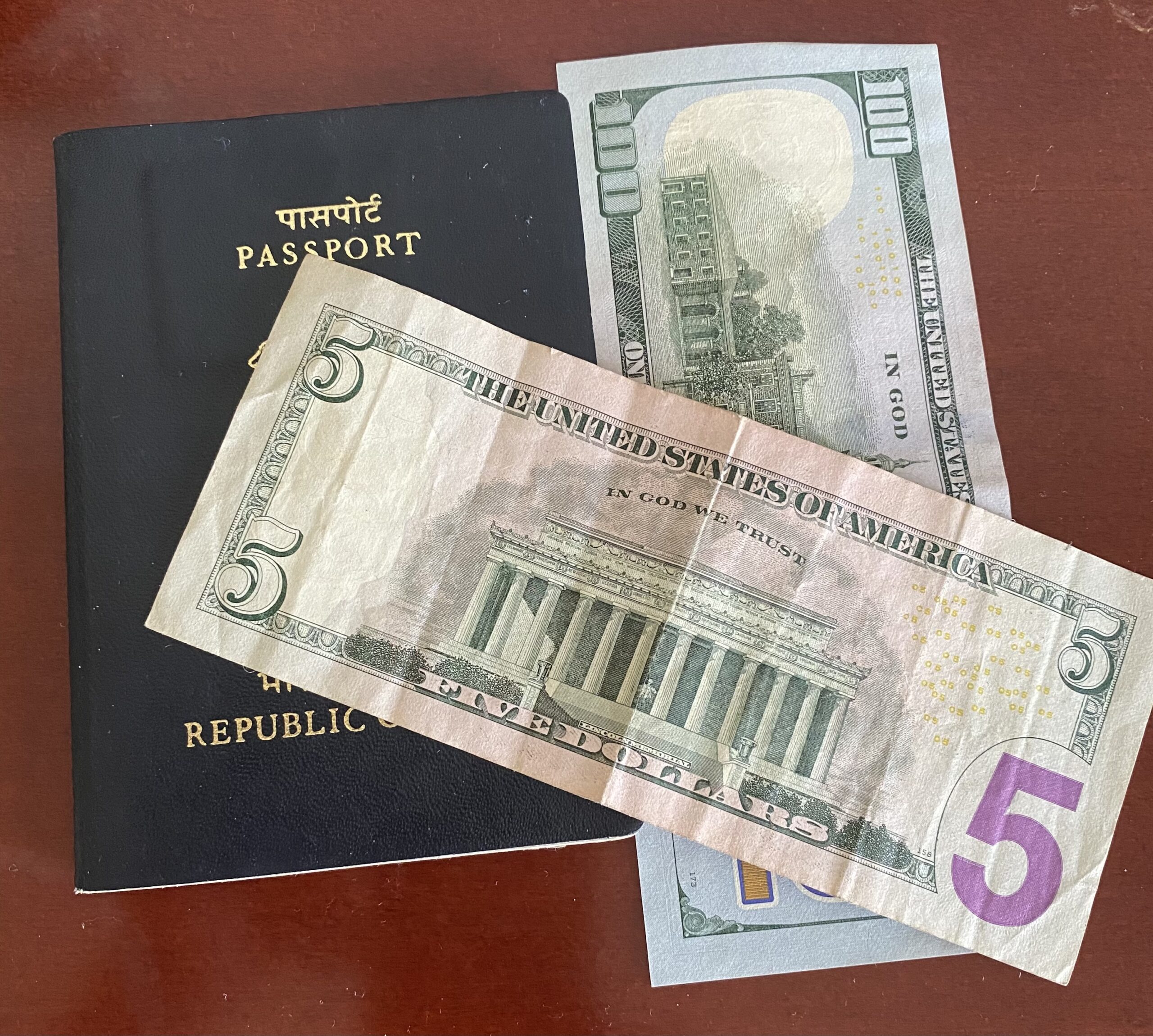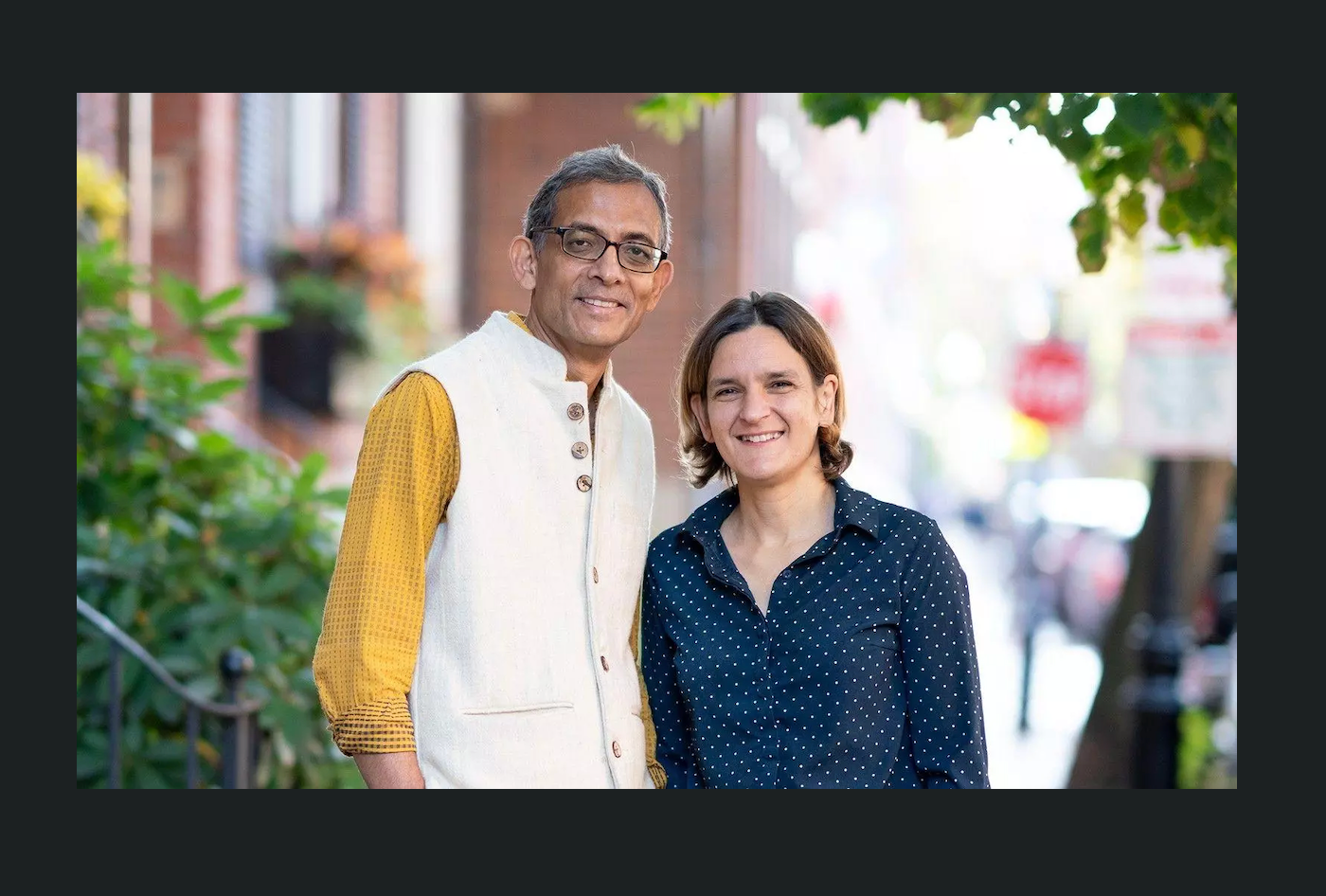-
OCIs are ‘foreign nationals’
-
New notification issued under Section 7B of the Citizenship Act, 1955, supersedes earlier laid down rights of the OCIs
-
OCIs need special permit to begin any research
-
OCIs prohibited from undertaking any missionary or Tablighi or journalistic activities in India without prior permission
-
OCIs equated to foreign nationals in respect of all other economic, financial, and educational fields for the FEMA
-
This overturns the position wherein OCIs were equated to NRIs rather than foreign nationals for their economic, financial, and educational rights
-
OCIs can acquire land (baring agricultural land), pursue careers in medicine, law, architecture, and accountancy and claim parity with Indian citizens concerning airfares and entry fees to monuments and parks
-
OCIs can also seek enrolment in Indian educational institutions on par with NRIs but not for seats reserved solely for Indian citizens
In a startling development for Overseas Citizens of India (OCI), the Ministry of Home Affairs (MHA) issued a declaration on March 4, amending the arrangement between OCIs and the Indian government.
This notification, issued under Section 7B of the Citizenship Act, 1955, supersedes earlier laid down rights of the OCIs.
Apart from classifying OCIs as “foreign nationals”, the new notification initiates a series of new restrictions that curtails the rights and immunities of OCIs in India.

These constraints include a prerequisite for OCIs to secure a special permit to begin any research.
It also prohibits the OCIs to undertake any missionary or Tablighi or journalistic activities in India without prior permission. This notification reserves the right of the OCIs to visit any area in India notified as protected, restricted, or prohibited.
“These constraints include a prerequisite for OCIs to secure a special permit to begin any research. It also prohibits the OCIs to undertake any missionary or Tablighi or journalistic activities in India without prior permission. This notification reserves the right of the OCIs to visit any area in India notified as protected, restricted, or prohibited.”
Furthermore, the declaration now equates OCIs to foreign nationals in respect of all other economic, financial, and educational fields for the Foreign Exchange Management Act, 2003 although former circulars by the Reserve Bank of India under the Foreign Exchange Management Act will hold ground. This overturns the position wherein OCIs were equated to Non-Resident Indians rather than foreign nationals for their economic, financial, and educational rights.
OCIs can however acquire land (baring agricultural land), pursue careers in medicine, law, architecture, and accountancy and claim parity with Indian citizens concerning airfares and entry fees to monuments and parks. OCIs can also seek enrolment in Indian educational institutions on par with NRIs but not for seats reserved solely for Indian citizens.
New norms for OCI card-holders:
-
OCIs will need to take permission from the Foreign Regional Registration Office (FRRO).
-
Permission to take up any research work, or an internship with foreign missions.
-
Permission to visit areas designated as restricted or protected.
-
Permission to take up any missionary, Tablighi, or journalistic activities.
The MHA assertion that OCIs are foreign nationals and not Indian citizens is most likely stimulated by ongoing prosecution before the Delhi High Court wherein an OCI had sought a ruling from the court that “OCIs enjoy fundamental rights just like Indian citizens. It is unfortunate that the MHA now asserts that OCIs are foreign nationals. This is all the more ridiculous when viewed because the term OCI includes the phrase ‘Citizens of India’ in its title.”











